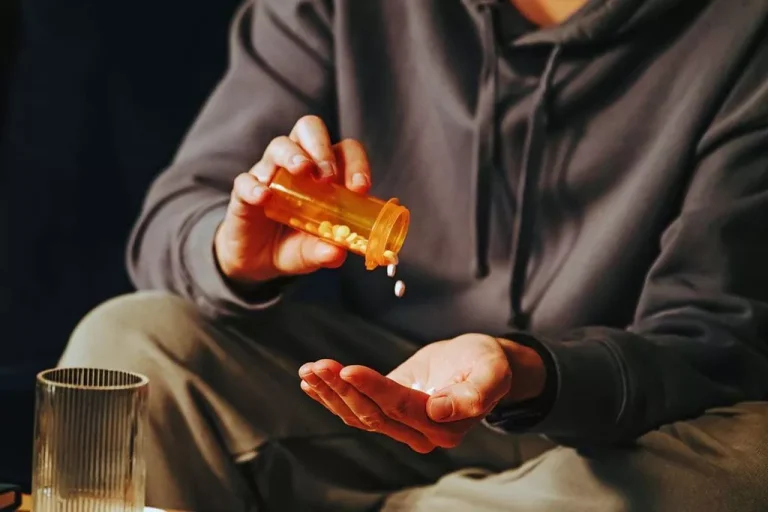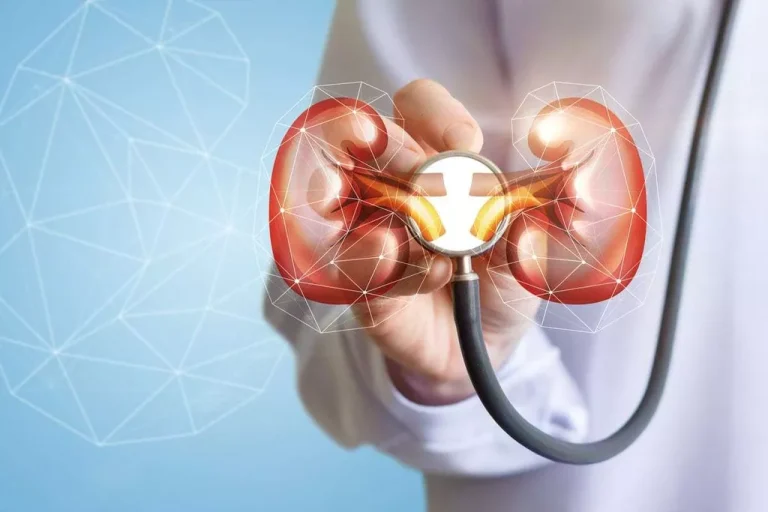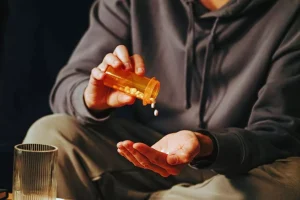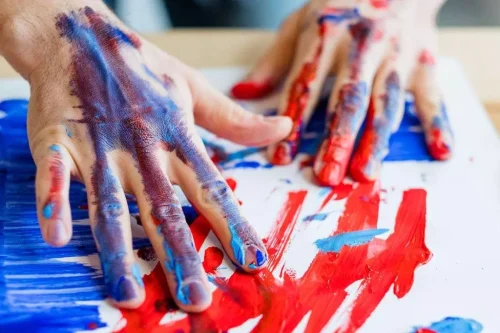
Participating in group endeavors, like nature walks or team sports, fosters friendships that build supportive environments essential for maintaining sobriety. These connections act as vital support systems when challenges arise during recovery. Engaging in outdoor activities supports addiction recovery by enhancing physical health through various mechanisms. First, these activities promote regular exercise, which plays a key role in enhancing cardiovascular health. Regular physical activity strengthens the heart and lungs, facilitating better oxygen delivery throughout the body.
Group Activities That Promote Relapse Prevention

This activity helps members define short-term and long-term goals, creating actionable steps to achieve them. Additionally, engaging in outdoor activities contributes to the enhancement of mood. Activities such as hiking, running, or even leisurely walks in natural settings boost the production of endorphins, serotonin, and dopamine. This biochemical reaction can elevate mood and help alleviate symptoms of depression, making everyday experiences more enjoyable.
Final Thoughts on Selecting Group Therapy Activities for Your Clients with Substance Abuse
They are a cornerstone of group therapy, offering practical tools and fostering a supportive community. Coping skills workshops play a crucial role in teaching participants techniques for managing stress and anger, which are vital for maintaining sobriety. Members often feel less alone in their struggles when they hear others share similar experiences. To find another treatment program, browse the top-rated addiction treatment facilities in each state by visiting our homepage, or by viewing the SAMHSA Treatment Services Locator. It’s important to have moments of levity during addiction recovery to help build camaraderie and enthusiasm, and playing charades can provide some.
Understanding the Health Impacts of Substance Use

Facing drug addiction or alcohol abuse can be an isolating experience, which is one of many reasons why treatment providers use group therapy and peer support in their programs. Activities in a group setting keep clients engaged and help them build bonds with peers. Diverse personalities and perspectives can lead to challenging group dynamics. Facilitators must address disruptive behavior, dominance, or avoidance tactics while fostering an environment of substance abuse group activities mutual respect.
The benefits of engaging with nature include increased dopamine levels, which manage cravings and enhance emotional regulation. This holistic approach addresses both the psychological and physical aspects essential for long-term sobriety. Physical exercise, such as hiking, biking, or rock climbing, encourages participants to explore interests that benefit their mental and physical health. By trying new activities, individuals can discover passions that offer intrinsic rewards, satisfying their need for enjoyment and fulfillment that substances previously provided. Finally, spending time in nature has been shown to reduce withdrawal symptoms.
- This activity helps members define short-term and long-term goals, creating actionable steps to achieve them.
- Engaging in volunteer or community service projects as a group can play a pivotal role in preventing relapse.
- Good nutrition is foundational for mental and physical health, especially in recovery.
- Please note that Two Dreams utilizes process groups as opposed to theme/support groups.
- You can also spread the affirmations on a table for your group participants to look through.
These games could involve sharing something about oneself based on a prompt, playing word association games related to recovery, or even engaging in https://ecosoberhouse.com/ light-hearted team challenges. Icebreaker games not only foster a sense of inclusivity but also help combat nerves and hesitations that can arise when discussing sensitive topics. Also, please leave a comment below if you have other ideas, or would like to add to the discussion. Group therapy is used to guide clients through the process of gaining insight about themselves, others, and the world around them. Anger can be a challenging emotion in recovery, often leading to impulsive reactions. This session teaches anger management techniques, such as counting to ten, stepping away, and deep breathing, helping members manage frustrations without turning to substances.
How to Practice Patience and Perseverance in Addiction Recovery
The following group activities will create camaraderie, improve self-awareness, and inspire healthier habits. These activities are appropriate for diverse group sizes and settings, from formal programs to casual gatherings. By simulating real-life situations, people in recovery can practice effective coping strategies and communication. Community-based groups really boost substance abuse treatment by focusing on local cultural issues and creating a strong support network. This sense of belonging helps participants find relevant recovery strategies that work for them.

She has experience working with individuals living with a variety of mental health concerns including depression, anxiety, bipolar disorder, borderline personality disorder, and trauma. Other goals of group therapy include gaining inspiration through the recovery of others, self-identifying as a recovering addicting, and examining core values. Participants support and nurture each other like a family by reinforcing good behaviors and helping each other cope during difficult tasks. These groups further encourage exploration of emotional and interpersonal conflicts, confrontation about denial and harmful behaviors, and discussion about responsibilities and limitations. They add structure to chaotic lives and provide a safe environment in which to practice newly developed skills. Substance drug addiction abuse group activities create a supportive environment that empowers individuals on their path to recovery.
Obtain Complimentary Assistance in Locating Hope and Recovery at a Drug or Alcohol Treatment Center Near You

Through the group dynamic, clients foster hope and examine core issues that exacerbate their addictive disorders. They also work to develop their communication skills and learn to engage in fun, healthy social experiences. The group dynamic encourages honest feedback and facilitates bonding between individuals with shared experiences.
- In group CBT therapy, patients with similar conditions are placed in one group.
- Afterward, participants may be invited to share any surprising or revealing thoughts they had, if they feel comfortable doing so.
- Discover how to create a powerful relapse prevention plan to safeguard your recovery journey.
- Reflection is essential because it helps you look back on your past and learn from it.
- Writing a letter to one’s future self helps participants visualize their future in recovery, reinforcing their commitment to sobriety.
- This hands-on approach helps individuals build confidence in their ability to handle real-life triggers and stressors, reducing the risk of relapse.
The Science of Cravings: Managing Triggers During Opiate Detox
We do not receive any commission or fee that is dependent upon which treatment provider a caller chooses. Are there changes you need to make to improve in this area, and how should you go about it? Talk about the importance of good sleep hygiene (avoiding too much caffeine, avoiding screen time right before bed, getting up at the same time each day, etc.). Have everyone write out a list of self-affirmation, then select one or more of these to share with the group.